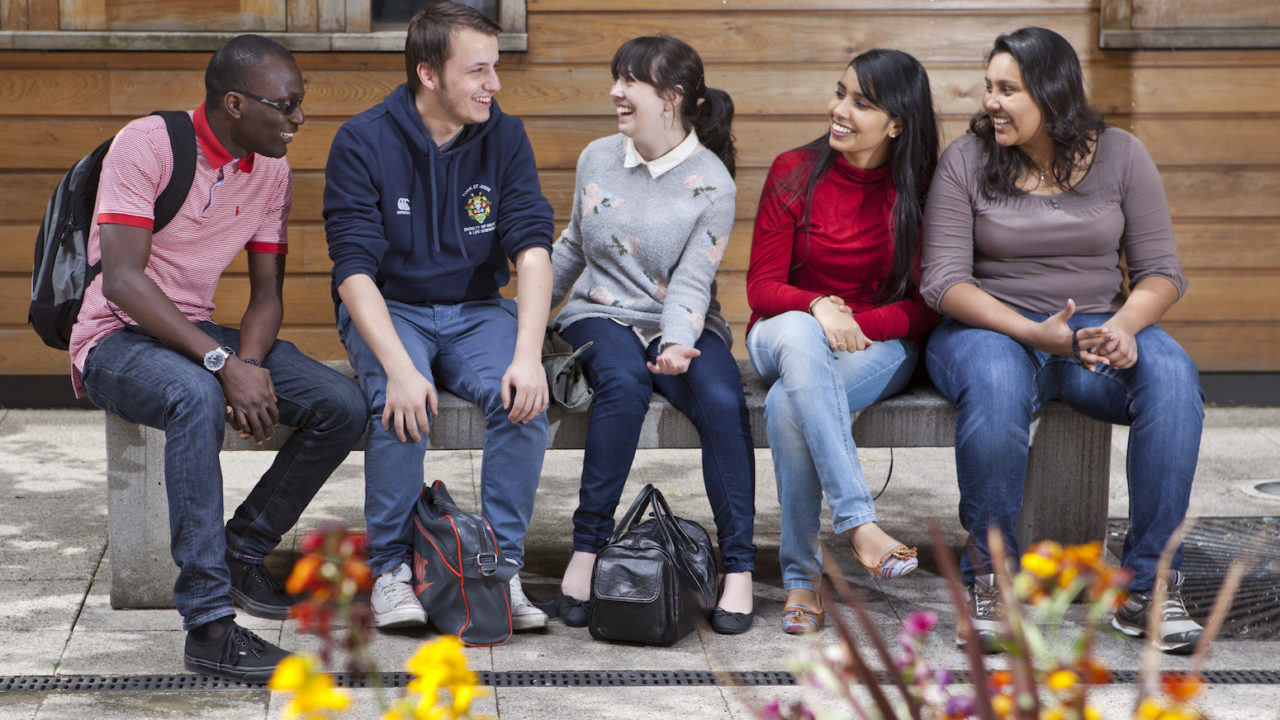Safe Spaces for the Snowflake Generation or for Genuine Freedom of Speech?
In her latest blog post, Alison Jones, University Secretary at the University of Bradford, asks whether safe spaces on university campuses just offer protection for the "snowflake generation" of students, or are they part of the answer to an inclusive approach to freedom of speech.


Spending two days immersed in higher education policy debate at the recent inaugural Wonkfest, it was clear that university professionals like to talk.
Set within the context of many of us reading the 500+ pages of consultation on the new regulatory framework, a summer of vitriolic assessments of the value of universities in the press, and the Chris Heaton-Harris letter seen by many as a challenge to academic freedom, some interesting tensions were explored.
The extent to which organisations, premised on the centrality of institutional autonomy, can survive and thrive in a new regulatory environment, or whether current and future models of higher education funding make the game worth the candle for providers and students alike were all explored thoughtfully and debated.
One of the most compelling sessions of the festival, I found, was the conversation between Judy Friedberg of The Guardian and Amatey Doku, Vice President of the NUS, exploring issues within the idea of “Myths and millennials – students or snowflakes?”
The session began with a discussion on the rise of the student voter and the coming out en masse to engage in the political debate and election process. It seems hard to reconcile the concept of a young generation turning their backs on the harsh realities of the world with the impassioned campaigning that was widely seen in university towns and cities across the UK during the election period. Was this a demonstration of a me generation only awakened by the Corbyn promise of the end of tuition fees, or the movement of a set of people feeling let down by current structures and policy?
Doku went on to speak of his own experience as the second only black President of the University of Cambridge Students’ Union where he and fellow students called for the removal of the bronze statue of a cockerel from Benin, seen by them as a symbol of a racist and colonial past.
He talked about how he, and others, were lambasted as members of a snowflake generation, too easily offended and labeled often by the press as whingers. His perspective was that he had used the skills learned at University to properly research the history of the statue, how it came to be in a Hall in Cambridge and the ongoing attempts by the Benin royal family to get back their belongings. This resulted in a paper to University committee requesting the repatriation of the bronze.
Doku also spoke of his work tackling institutional racism on university campuses. He spoke up for the positive benefits of students creating safe spaces within which they can find mutual support and strength to go out and tackle the prevailing cultural hegemony where black and minority ethnic students may otherwise feel excluded and disempowered.
Rather than the presentation of safe spaces as enclosed environments that might support radicalisation as defined by Prevent, or a as retreats for the easily offended, the conception put forward by Doku was one that seen as part of the tapestry of freedom of thought and expression within the law that all universities are legally bound to promote and protect.
As we are all facing the challenge of meeting the needs of a regulatory hungry government alongside the requirements of existing and emerging legislation do we need to be re-thinking how we live up to the tenets of freedom of speech – perhaps by entering into a free and open debate with our own students?
